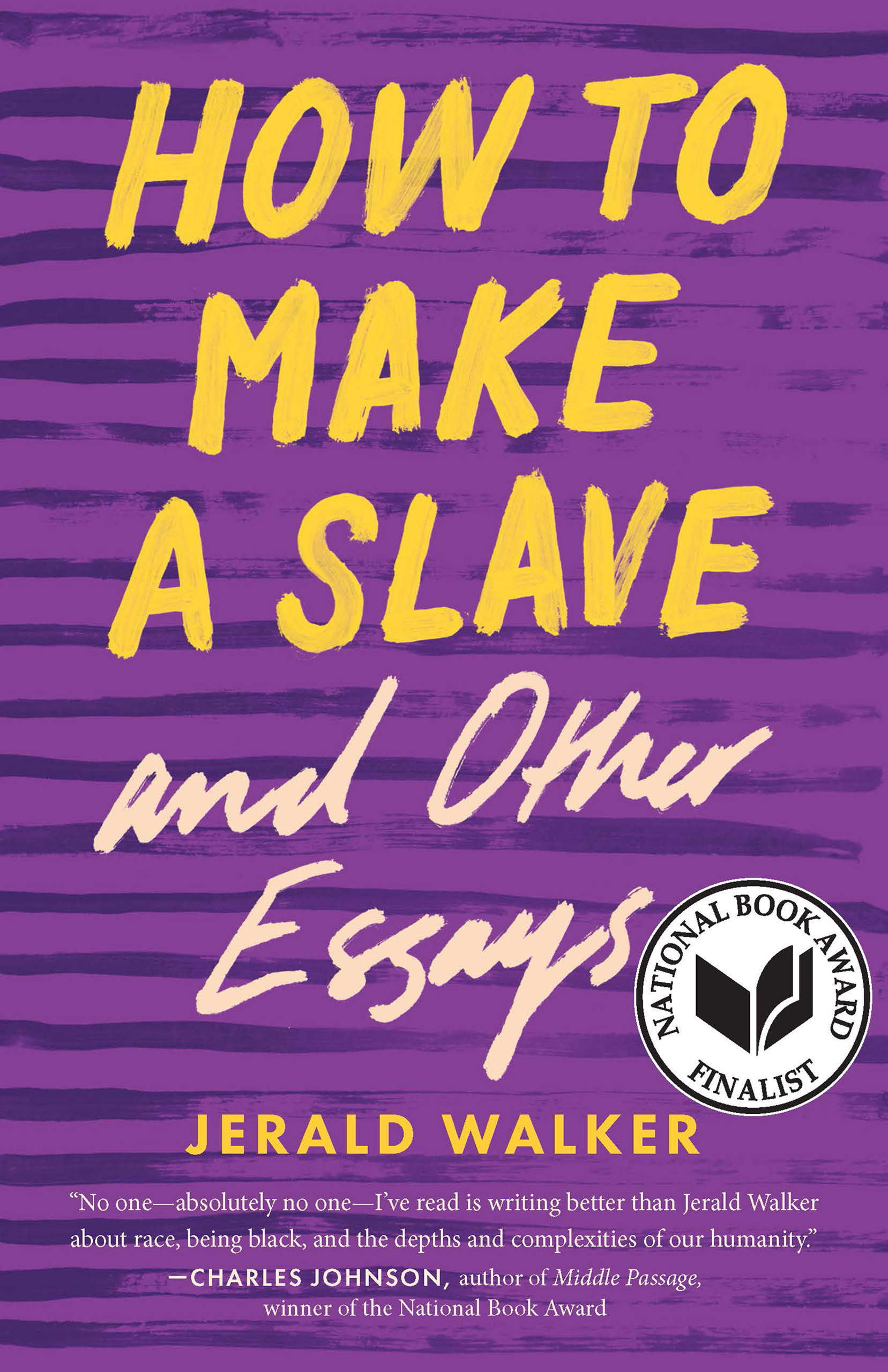What do you think?
Rate this book


166 pages, Paperback
First published October 30, 2020
"Stereotypes are valuable," he said. "But only if you use them to your advantage. They presnet your readers with something they'll recognize, and it pulls them into what appears to be familiar territory, a comfort zone. But once they're in, you have to move them beyond the stereotype. You have to show them what's real."
"And what's real?" I asked.
Without hesitation, he said, "You."
While I do not know if this is true, I have a vague memory that the three of us, in 1983, watched the Motown 25 television special together, and maybe we rose at some point to to attempt Michael's moonwalk before collapsing back into our seats, succumbing to the dope coursing through our veins, much as dope would course through Michael's, nearly three decades later, and stop his heart.
Mine stopped, for a moment, when I heard the news. And in that pause before grief, I had a vision of the Walker Six, dancing and singing...and then it was gone.